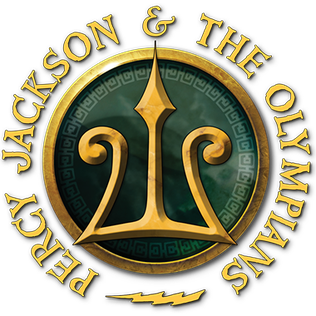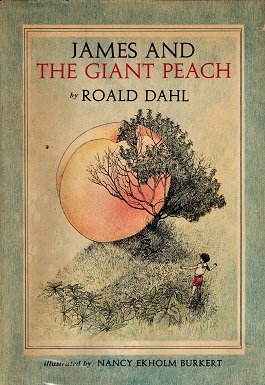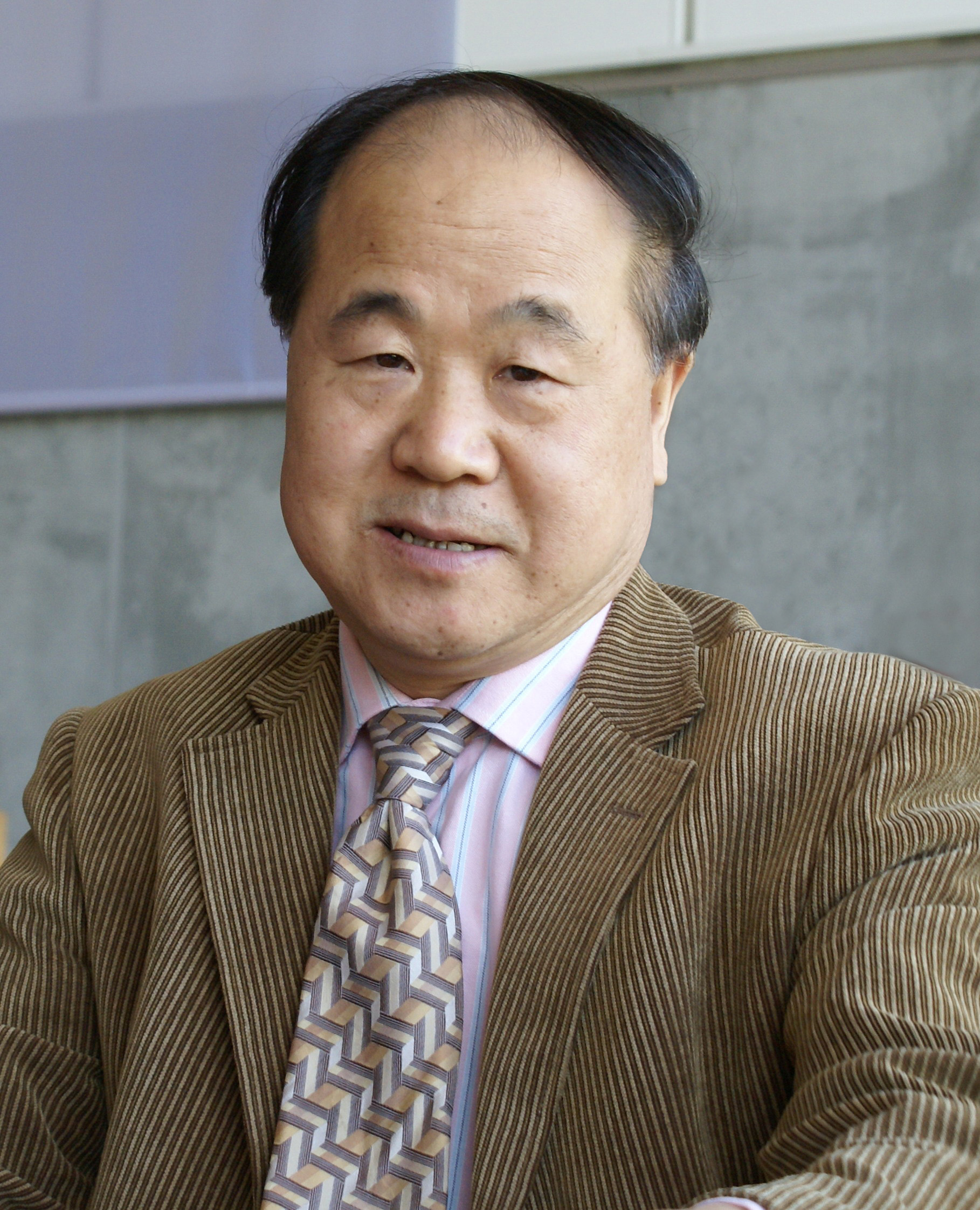Gao Xingjian
Explore the timeline of Gao Xingjian, the renowned Chinese-French novelist, playwright, and artist. Follow his journey from his birth in China to becoming the first Chinese recipient of the Nobel Prize in Literature, highlighting his significant works and contributions to literature and the arts.
Birth of Gao Xingjian
Gao Xingjian, the notable Chinese-French novelist, playwright, and critic, was born on January 4, 1940, in Ganzhou, Jiangxi, China. He is acclaimed for his unique literary style that merges traditional Chinese writing with modern Western influences. Raised during a tumultuous period in Chinese history, his works frequently explore themes of exile, identity, and self-expression. Gao's literary contributions have significantly impacted both Chinese and global literature.
Publication of 'Soul Mountain'
Gao Xingjian published 'Soul Mountain' in 1986, a novel that became one of his most celebrated works. This semi-autobiographical narrative follows a protagonist on a journey to understand his identity and place in the world, drawing from Gao's own experiences during the Cultural Revolution. 'Soul Mountain' is notable for its innovative narrative structure, incorporating multiple perspectives and narrative styles, encapsulating themes of freedom and introspection. The book played a pivotal role in establishing Gao as a major literary figure.
Gao Xingjian Attains French Citizenship
In 1998, Gao Xingjian was granted French citizenship. This significant event marked a new chapter in his life and career, facilitating his development as a writer in exile and allowing him to express himself freely, unfettered by the constraints he faced in China. This new status further enabled him to critique political themes and explore existential questions through his works. Residing in France offered Gao not only personal freedom but also a global platform for his literary endeavors.
Awarded the Nobel Prize in Literature
On October 12, 2000, Gao Xingjian was awarded the Nobel Prize in Literature, becoming the first Chinese-born writer to achieve this honor. The Swedish Academy recognized him for his oeuvre of work marked by magnificence in diverse genres, including plays, fiction, and critical essays. The award highlighted his unique style and universal themes, especially his contribution to Chinese literature with works like 'Soul Mountain' and 'One Man's Bible'. This accolade significantly raised his international profile.
Publication of 'One Man's Bible'
'One Man's Bible' was published in 2001 and is a notable work by Gao Xingjian. Set during and after the Chinese Cultural Revolution, the novel is a powerful narrative exploring themes of memory, trauma, and the search for freedom. Blurring the line between fiction and autobiography, it provides a detailed depiction of personal and political turmoil faced during this era. The work is recognized for its profound insight into human nature and the struggle for personal liberation amidst oppressive circumstances.
Gao Xingjian's Painting Exhibition at Marlborough Gallery
In March 2002, Gao Xingjian held a painting exhibition at the Marlborough Gallery in Monaco. Known primarily as a writer, Gao is also a talented painter, and this exhibition showcased his unique artistry. His paintings, like his literary works, often explore abstract themes and demonstrate a blend of traditional Chinese artistic elements with Western modernism. The exhibition provided a broader insight into Gao's creative versatility and established his reputation as a multifaceted artist.
New Book 'Buying a Fishing Rod for My Grandfather' Published
'Buying a Fishing Rod for My Grandfather' is a collection of short stories by Gao Xingjian published in May 2004. This book brings together six stories that delve into themes of existential longing and introspection. His distinct narrative voice is evident, marked by a minimalist and introspective style. The stories vary in setting and time but are united by their emphasis on the internal landscapes of their characters, offering profound insights into human nature and the search for meaning.
Gao Xingjian Elected to the French Académie des Beaux-Arts
In April 2007, Gao Xingjian was elected as a Foreign Member of the French Académie des Beaux-Arts, a testament to his outstanding contribution to the arts. This prestigious recognition highlights his influence and prominence within the international artistic community. His induction into the academy acknowledges his multifaceted talents and the impact of his literary and artistic output. As a member of the academy, Gao joins an esteemed group of artists, further solidifying his status as a global cultural figure.
Gao Xingjian's Play 'The Other Shore' Premieres in English
In 2012, Gao Xingjian's play 'The Other Shore' premiered in an English version, bringing his dramatic work to a wider audience. Originally written in 1986, the play explores themes of alienation, spiritual quest, and the confines of societal norms. Its English debut marked an important moment for Gao's international reach as a playwright and provided English-speaking audiences with an opportunity to appreciate his dramatic ingenuity. The play continues to be studied and performed globally, reinforcing his influence in theater.
Retrospective of Gao Xingjian's Art Opens in Beijing
In May 2015, a grand retrospective of Gao Xingjian's artwork opened in Beijing, showcasing over 150 works spanning his career. This exhibition offered a comprehensive look at his artistic evolution from early pieces to his most recent works. Gao's artwork, much like his writing, often grapples with existential uncertainty and employs a variety of styles and techniques. The Beijing retrospective was a major cultural event, allowing audiences to engage with the depth of his artistic pursuit beyond literature.
Release of Gao Xingjian's Film 'Requiem for Beauty'
In November 2018, Gao Xingjian debuted his film 'Requiem for Beauty', which blended his artistic disciplines into the medium of film. Known for his multidisciplinary approach, Gao wrote, directed, and produced this cinematic exploration of beauty and its ephemeral nature. With stunning visuals and a philosophical narrative, the film reflects Gao's consistent themes of existential inquiry and artistic beauty. This work added another dimension to his already diverse portfolio, showcasing his capacity to innovate across various media.
Frequently asked questions about Gao Xingjian
Discover commonly asked questions regarding Gao Xingjian. If there are any questions we may have overlooked, please let us know.
When was Gao Xingjian born?
When did Gao Xingjian relocate to France?
Who is Gao Xingjian?
What significant event happened in Gao Xingjian's career in 2000?
Related timelines
More timelines connected to Gao Xingjian







